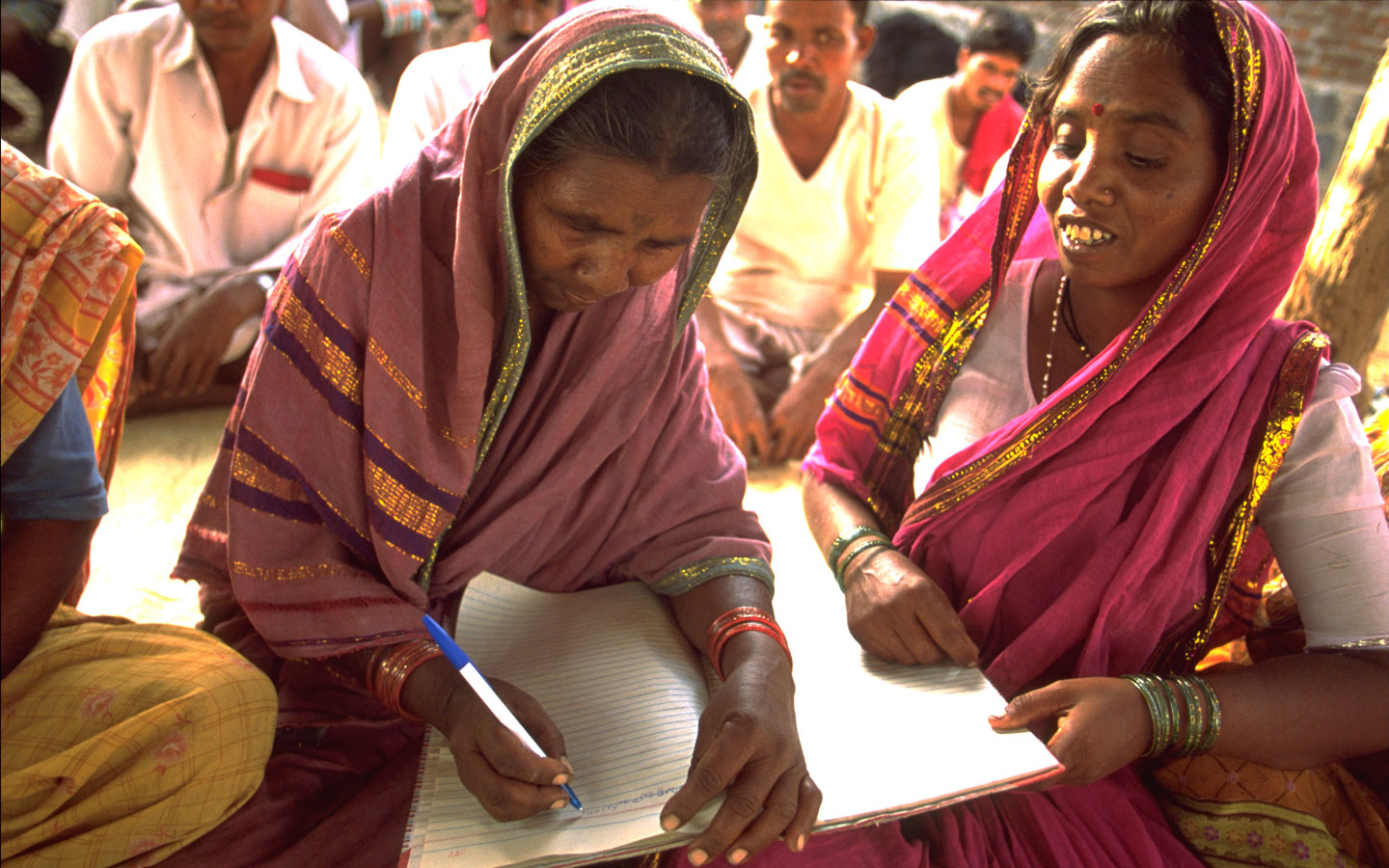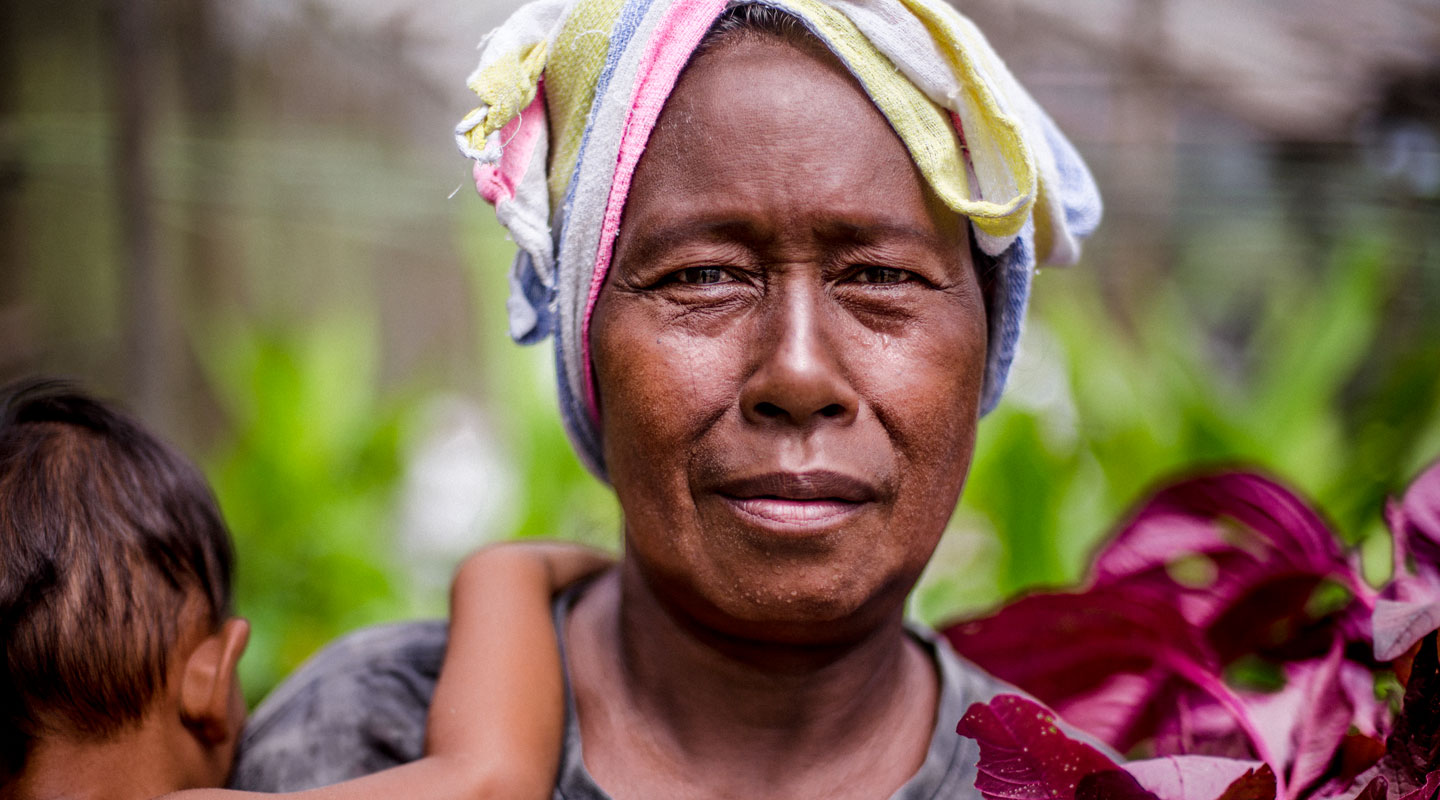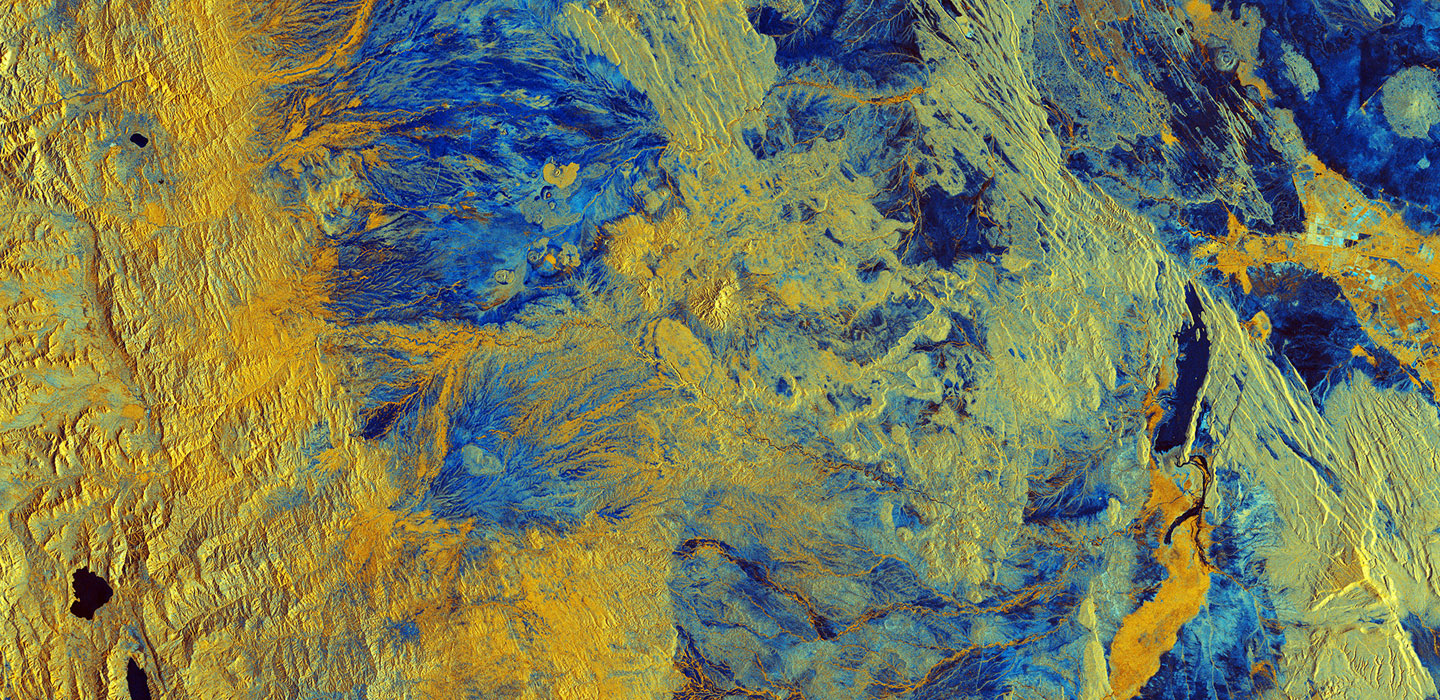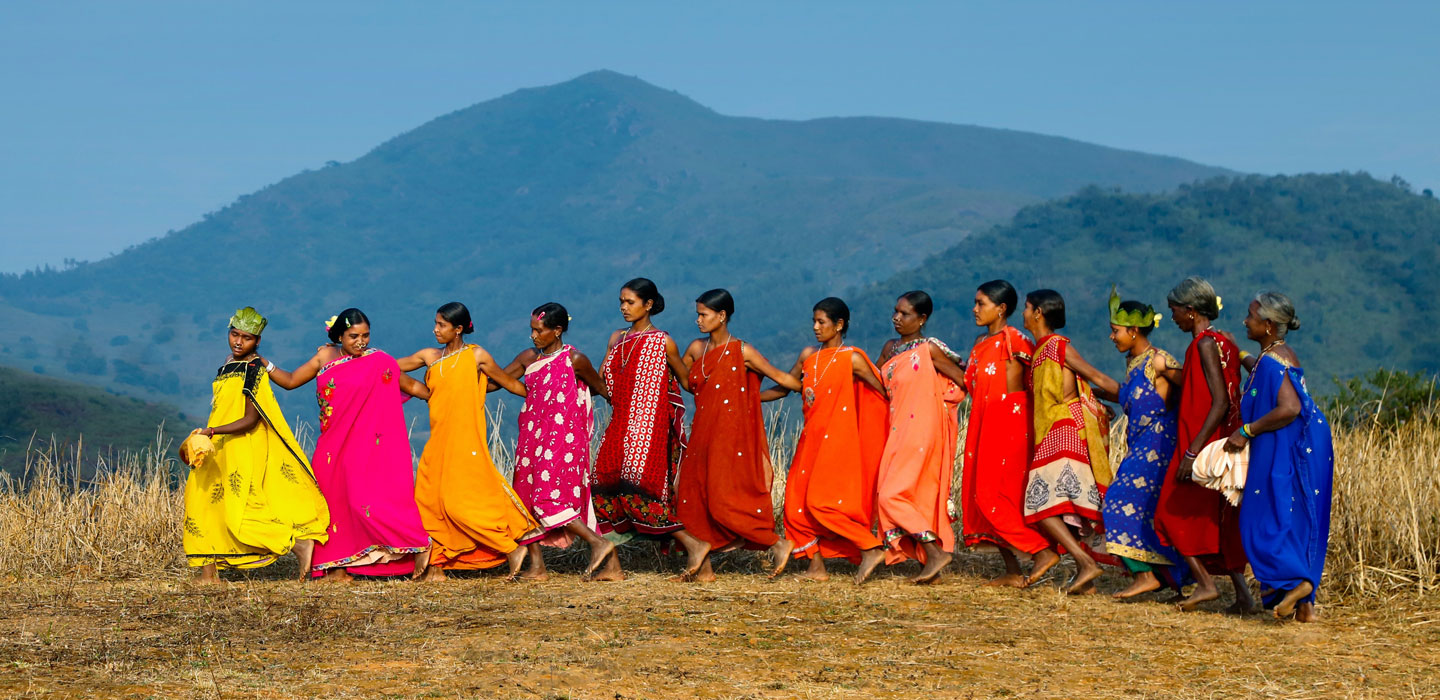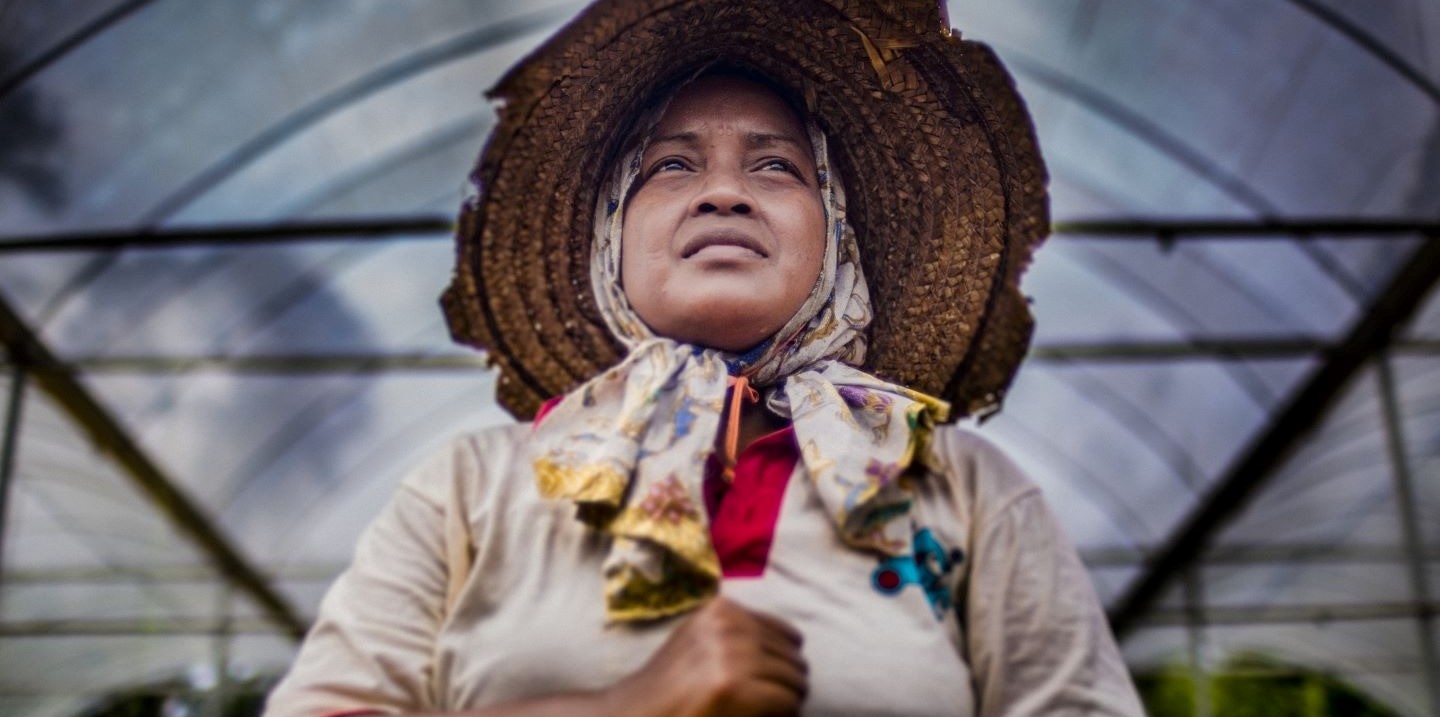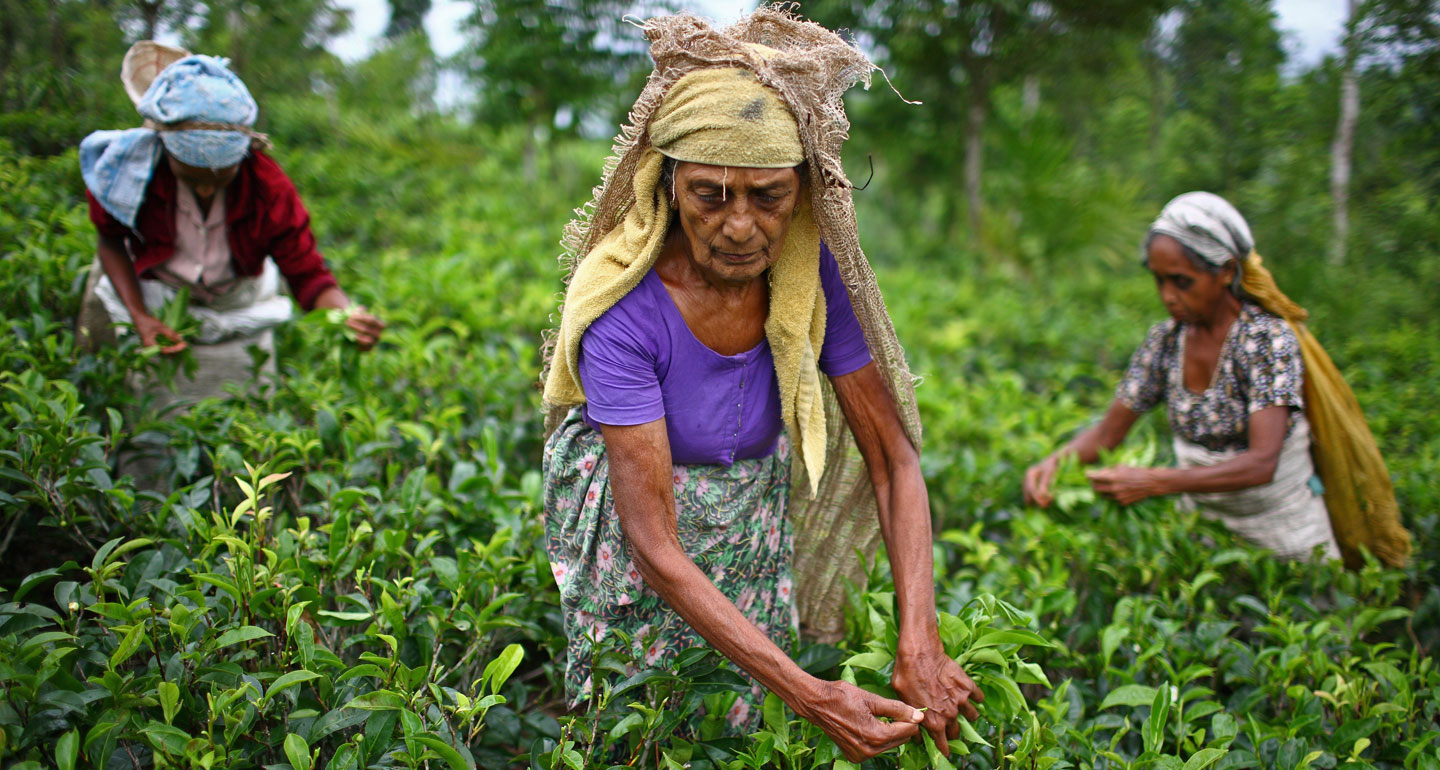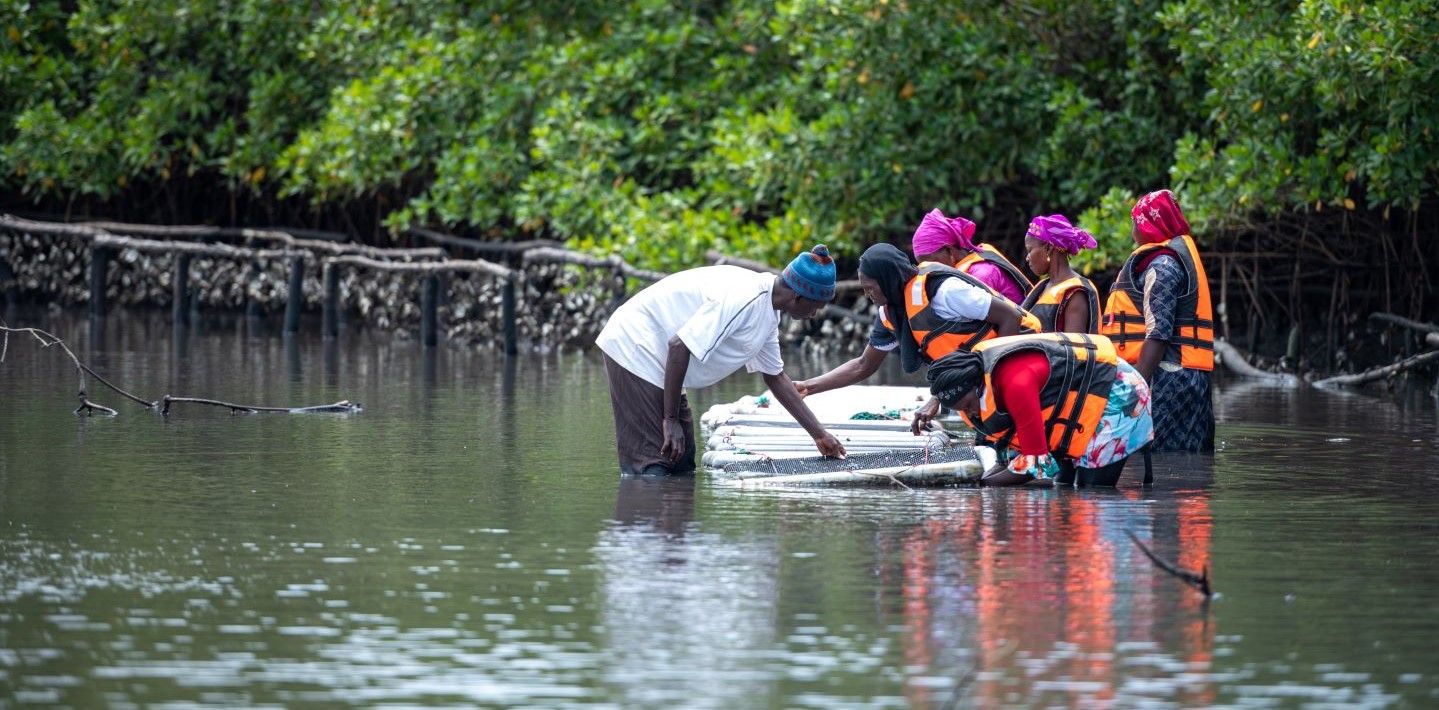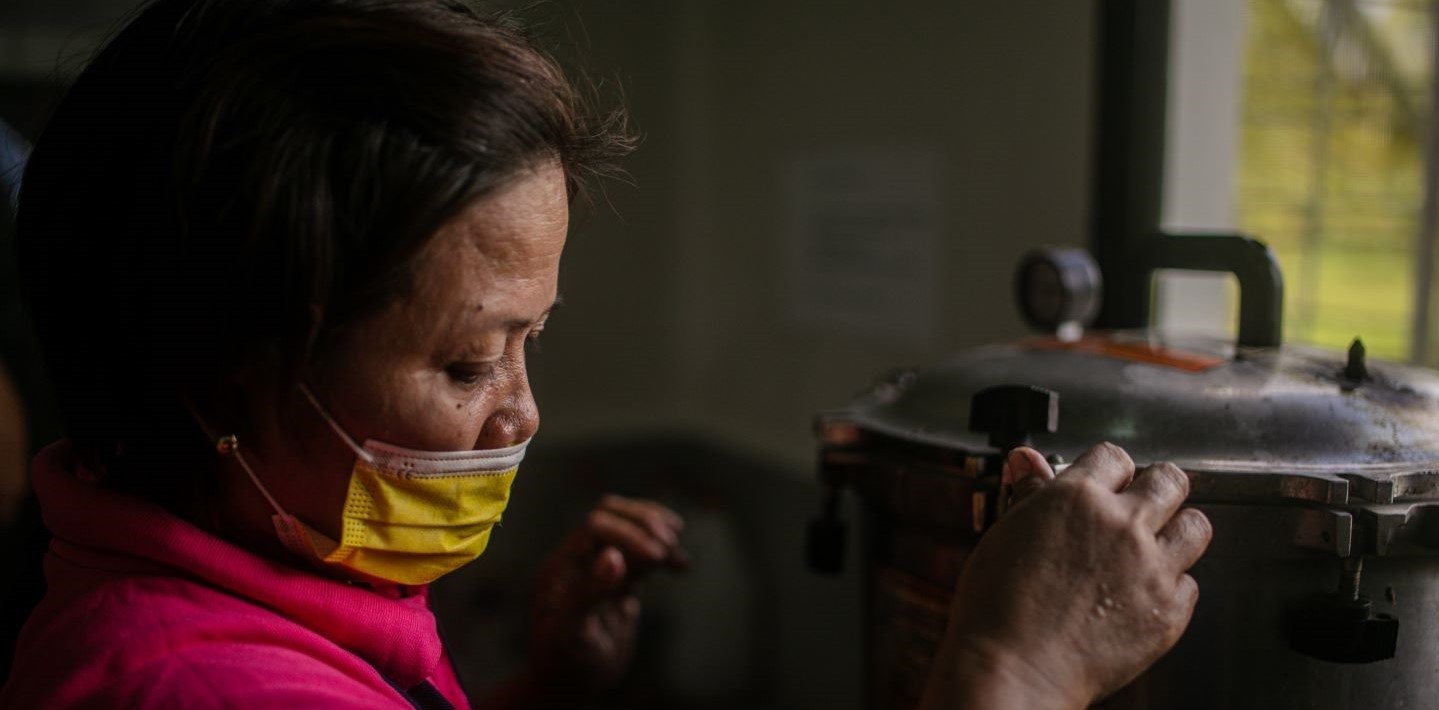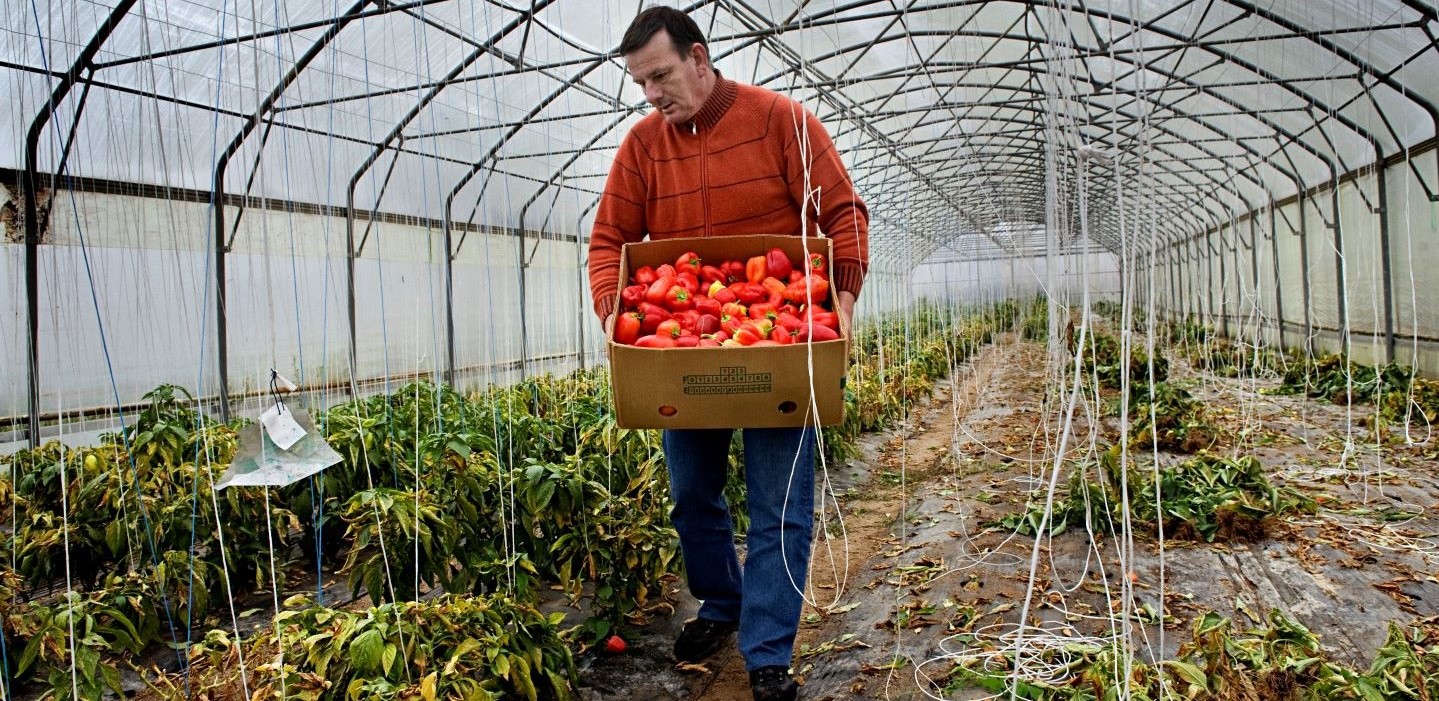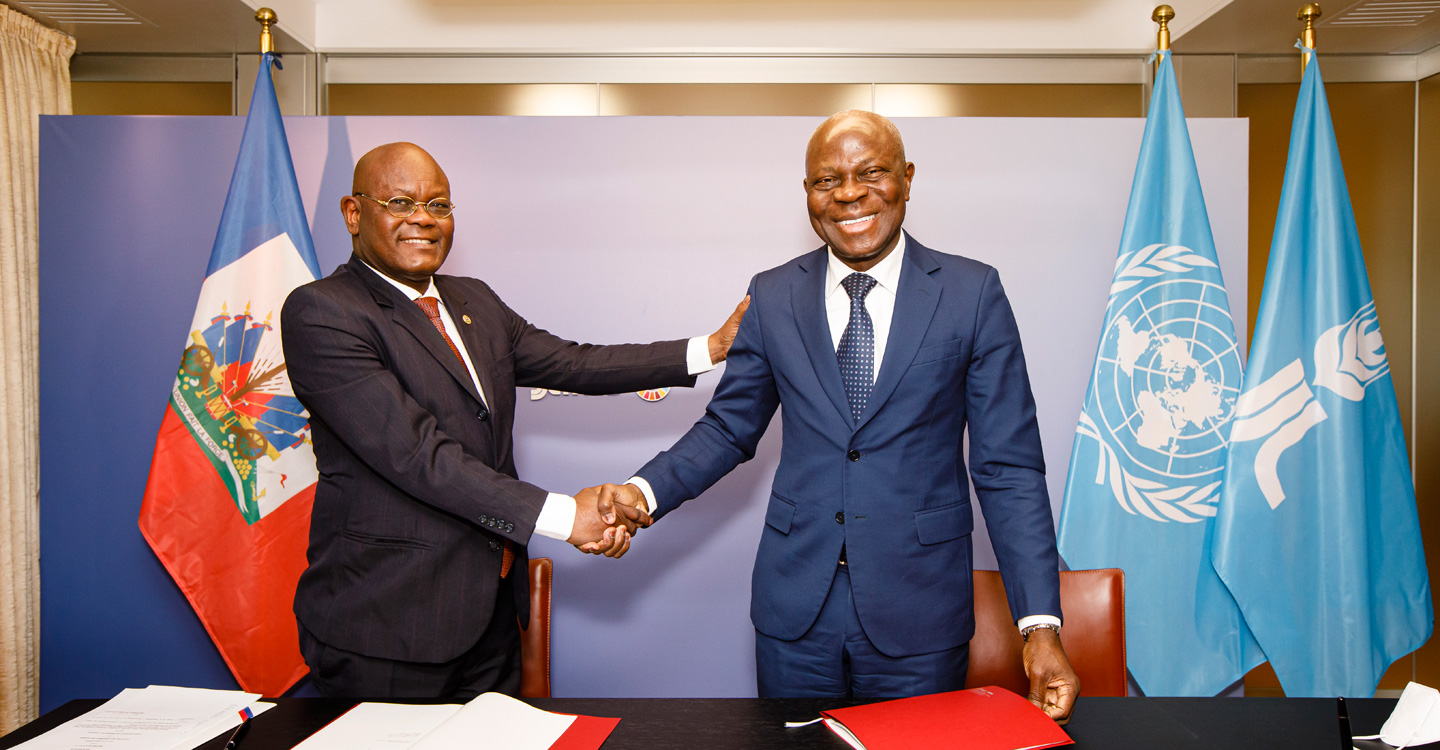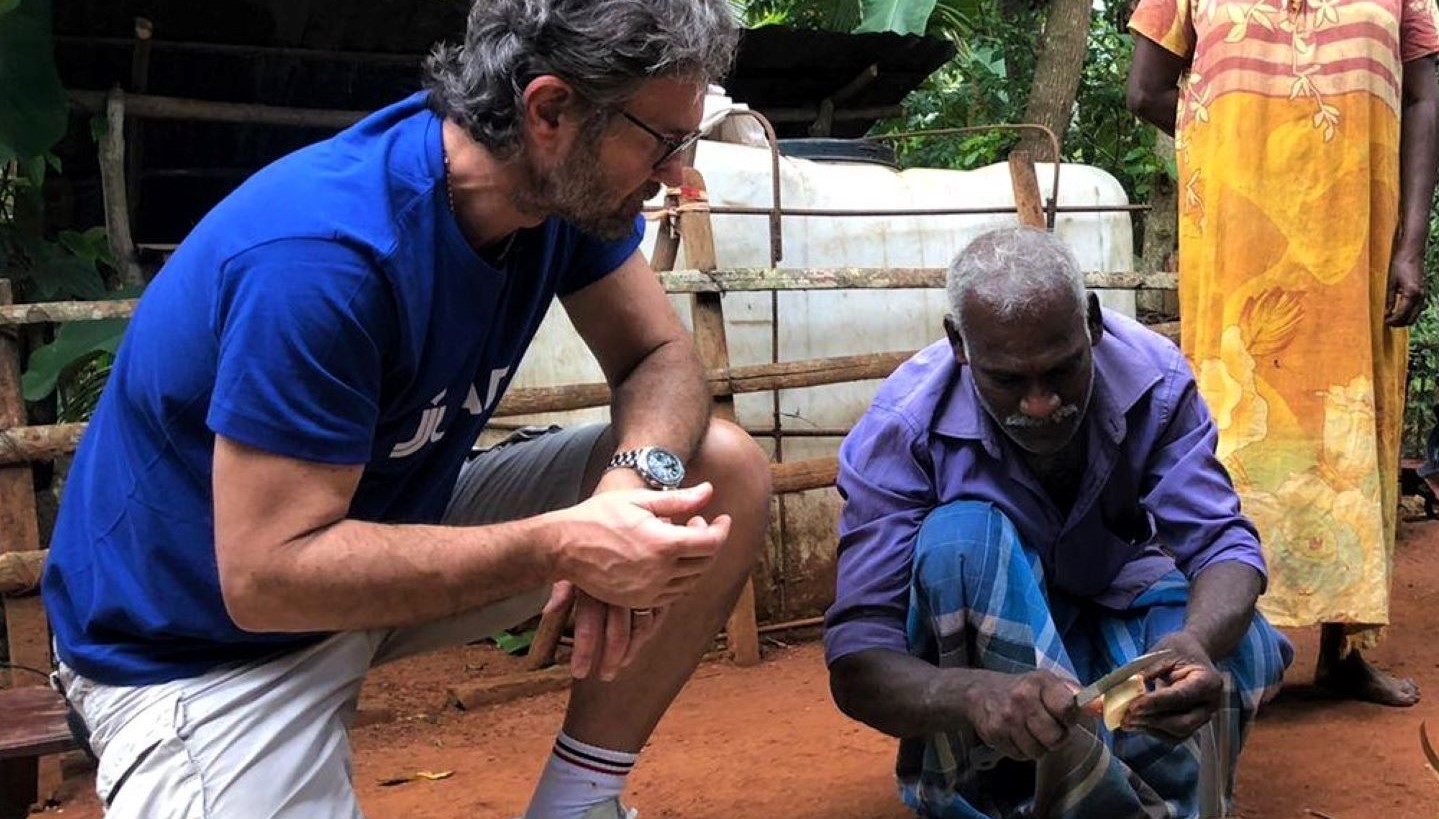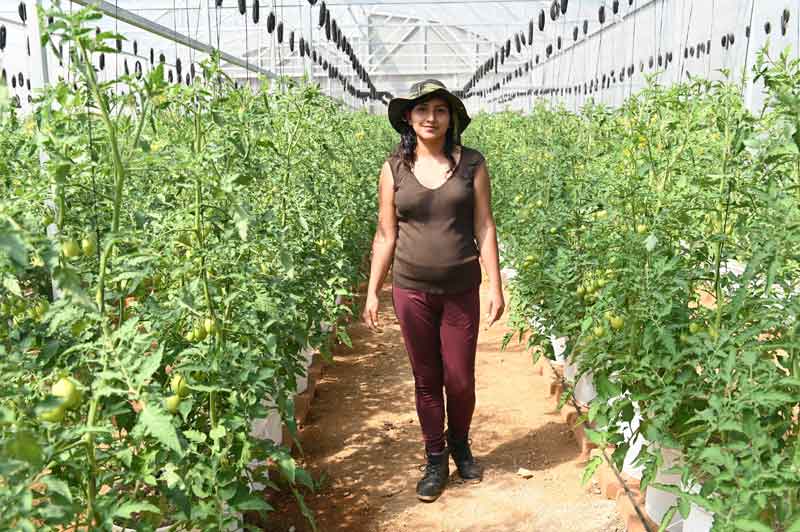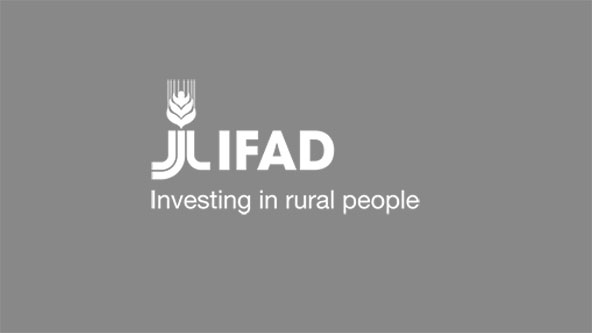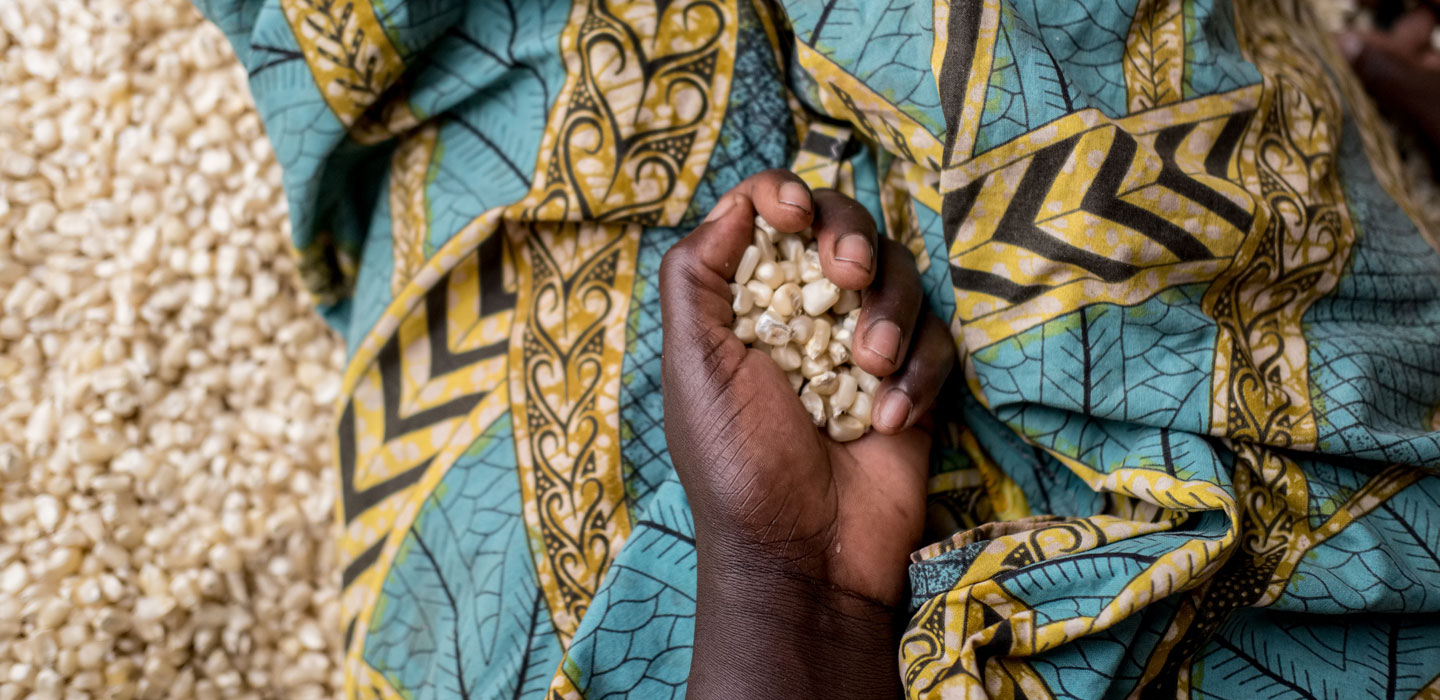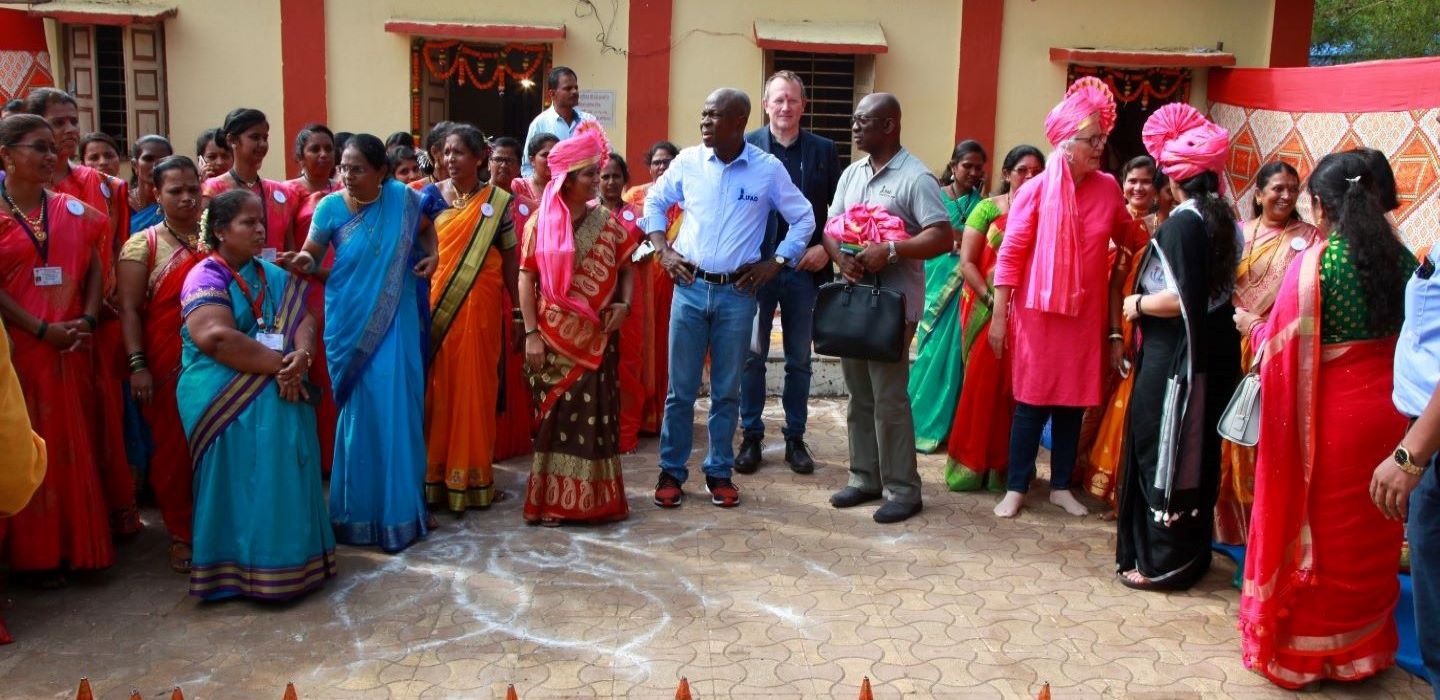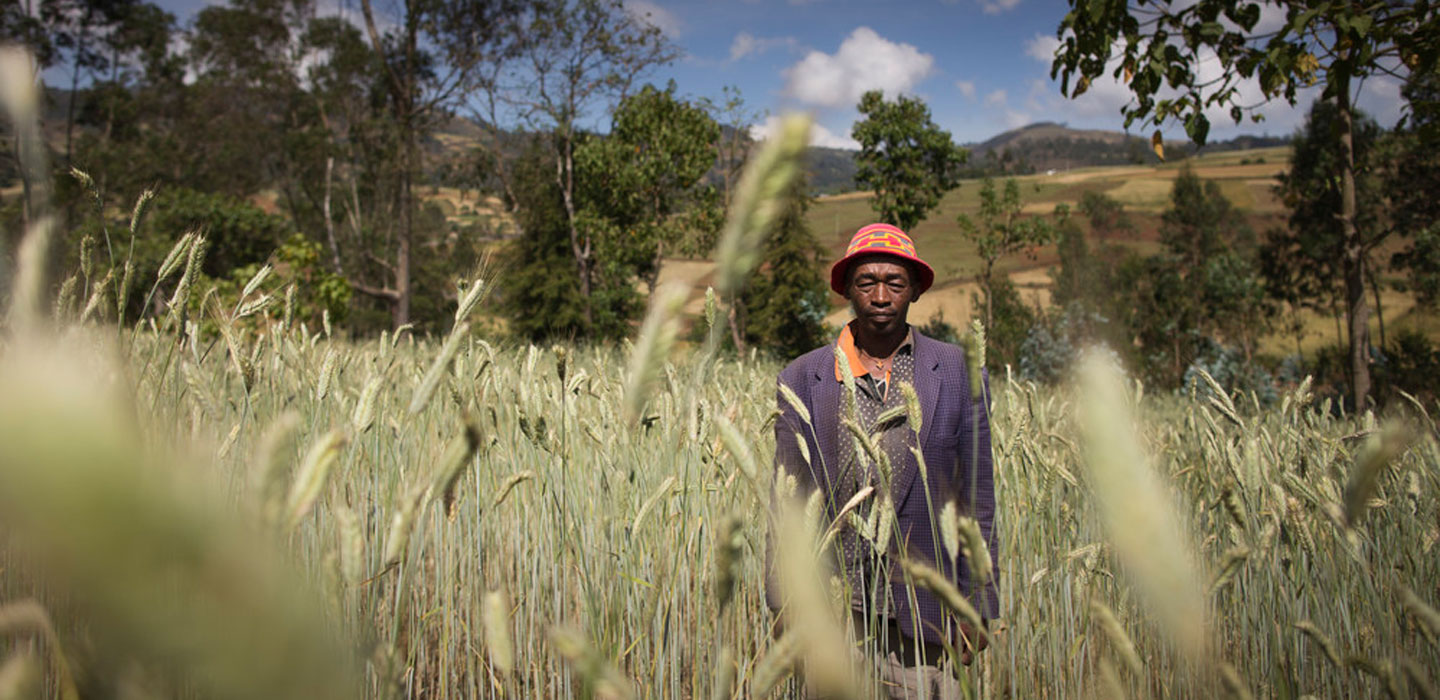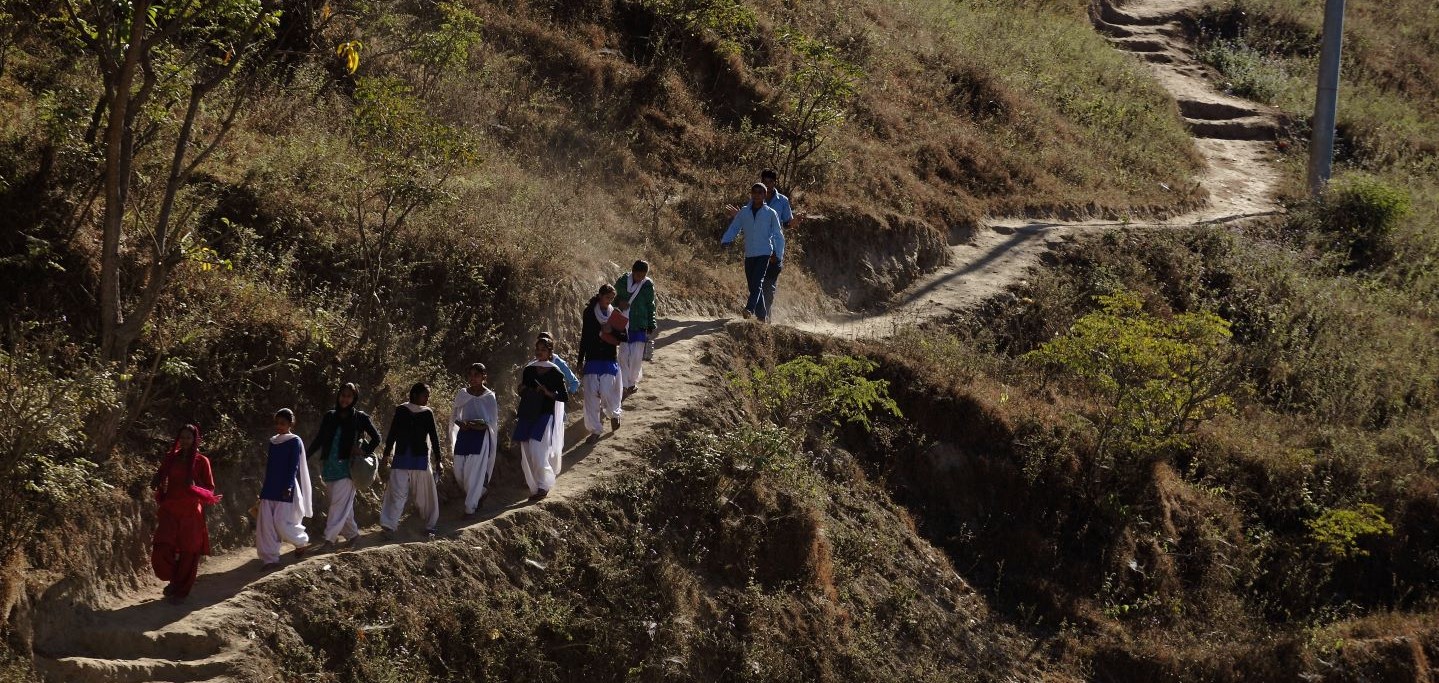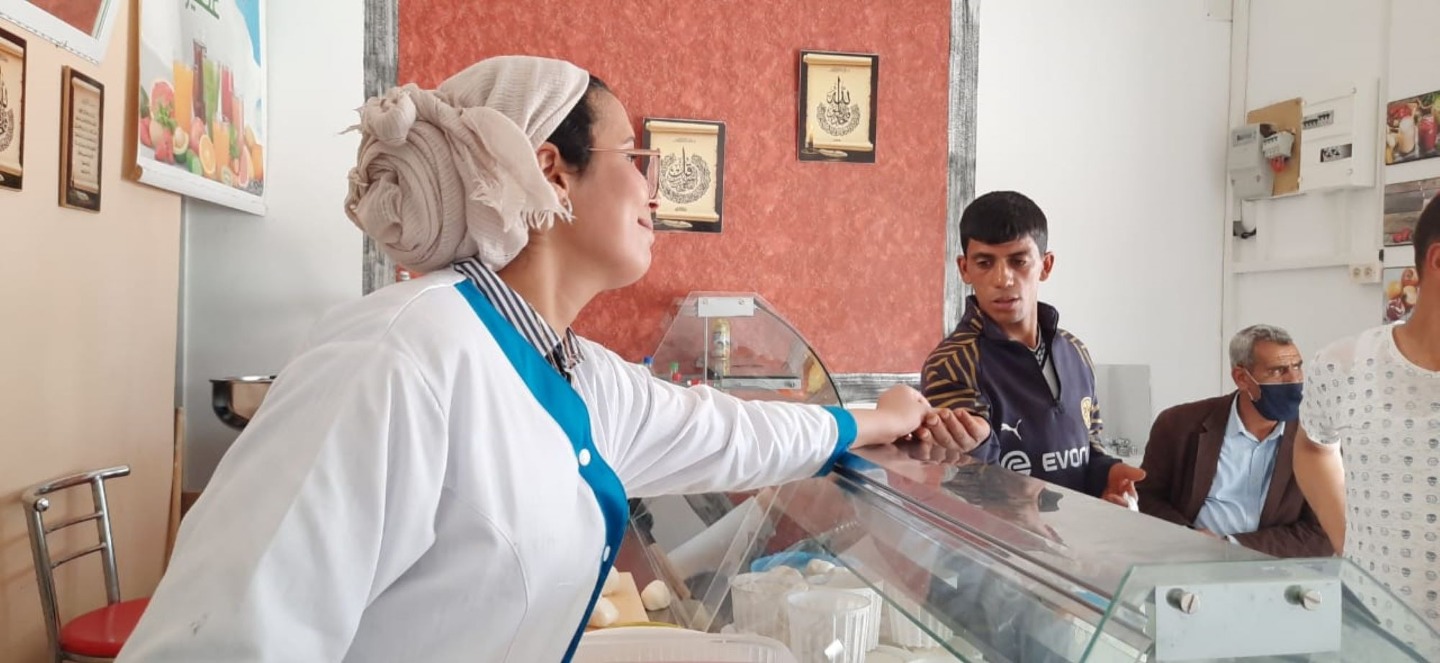Latest
Latest

Latest
Manual Submenu Topics
SearchResultsFilters
Search Results
Tapping public policies and programmes to boost IFAD’s impact
In many countries, we have the opportunity to partner with public policies and programmes to deliver the services our project participants need. Although effective inter-institutional coordination is never simple, it is doable – and entirely worth the effort.
Why free, prior and informed consent is so important for indigenous peoples
At the heart of this year’s session of the UN Permanent Forum on Indigenous Issues is “free, prior and informed consent.” Quite a mouthful! But what does it really mean? And why does it matter?
Do IFAD-supported projects reduce the risk of conflict? What the evidence says
We used GIS to assess the impact of IFAD-supported projects on the likelihood of conflict in fragile contexts. Our results suggest that the presence of IFAD interventions may prevent conflicts from arising and reduce the overall number of conflicts.
Closing the Social Justice Gap – Episode 31
This episode is all about closing the social justice gap in rural communities and developing countries.
The importance of food sovereignty for indigenous peoples: A conversation with Dr. Elifuraha Laltaika
Learn more about food sovereignty and what it means for indigenous peoples with Dr Elifuraha Laltaika, a professor of law and expert on indigenous peoples’ rights.
Indigenous peoples lead adaptation efforts through IFAD’s dedicated funding
Over the millennia, indigenous peoples have developed practices that honour the interconnectedness of people and nature – yet all too often, their contributions are overlooked and devalued. IFAD is committed to supporting indigenous peoples in overcoming poverty and meeting global challenges through building on their identities and cultures.
What it will take to make IFAD truly diverse
There is much interest in promoting workplace diversity recently. Not only is this long overdue, but it also makes financial sense.
Nouveaux accords de financement - Le FIDA accompagne le Sénégal dans son aide aux populations rurales face à la pauvreté et aux changements climatiques
Le FIDA et le Gouvernement de la République du Sénégal ont procédé aujourd’hui à la signature d’un accord de financement visant à améliorer la productivité et l'accès au marché des chaînes de valeur des produits de base prioritaires et de l'élevage, dans le bassin arachidier et les zones agropastorales du Sénégal.
IFAD-funded project to fight rural poverty by addressing climate change effects in Mexico’s Balsas Basin
IFAD and the Government of Mexico have signed a financial agreement today that will support the implementation of a project aimed to fight rural poverty by reducing small-scale farmers’ vulnerability to climate change in one of the Mexican regions most affected by this phenomenon.
Building resilience in the Asia-Pacific region in uncertain times
Just as the shadow of COVID-19 was lifting from many parts of the world, new crises have arisen – and they’re a particularly difficult challenge for poor rural people in developing countries.
In Bosnia and Herzegovina, rural agribusinesses cluster together to flourish
All too often, small family farms operate in isolation. By themselves, they often lack the resources and skills they need to thrive. IFAD is now bringing small-scale farmers and other stakeholders into clusters to work together for their common interests. We caught up with one of our technical specialists to learn more.
IFAD-funded project to protect the environment in Haiti by improving smallholder farmers' and artisanal fishermen's livelihoods
IFAD and the Government of Haiti signed a financing agreement today for the implementation of the Inclusive Blue Economy Project (I-BE). The project will help preserve the Three Bay Protected Area by providing economic opportunities to smallholder famers and artisanal fishermen living in the country’s north-eastern region.
Chef Cracco on how jackfruit is helping rural people in Sri Lanka adapt to climate change
Carlo Cracco, one of Italy’s most famous chefs, is helping IFAD promote jackfruit as a way to adapt to climate change in rural Sri Lanka.
Investing in rural youth in El Salvador to tackle migration and enhance food security
The IFAD-funded Rural Adelante Project in El Salvador helps rural youth stay in their communities and make a living from agriculture, instead of migrating to cities or abroad.
Small-scale farmers and climate adaptation – an under-reported story and world’s premiere of short film with Chef Carlo Cracco are featured at the Perugia International Journalism festival
With COP27 just seven months away, this event brings together food activists and chefs, a climate journalist, a climate expert and farmers themselves to talk about why small-scale farmers must be part of the climate change conversation and the value they can bring to those reporting on climate issues.
How the war in Ukraine impacts the world
Conflict and food insecurity go hand-in-hand. Stable food systems and sustainable development are simply not possible without peace.
US$20 million loan from India boosts IFAD’s efforts to tackle hunger and poverty in rural areas
India has strengthened its commitment to fight hunger and poverty in rural areas by agreeing to loan US$20 million to IFAD.
Agriculture is not just a contributor to climate change. It is an essential part of the solution - IFAD’s reaction to the latest IPCC report
While we can no longer avoid climate change, we can still limit its impacts. It is time we start viewing agriculture as an essential part of the solution.
Communities use GIS maps to conserve forests and adapt to climate change
Making the right decisions about managing natural resources isn’t always easy. That’s especially true for watersheds, where the local ecosystem depends on the health of multiple waterways. Now, GIS technology is helping communities in rural Nepal monitor and preserve the forests fed by local watersheds.
From biotechnologist to artisanal cheesemaker
Ibtissèm’s career in the pharmaceutical industry was off to a strong start, but she put it on hold when her mother fell ill. Back in her hometown in central Tunisia, she needed a new way to support herself and her mother – and then she realized that her skills would serve her well in her town’s bustling dairy industry.
